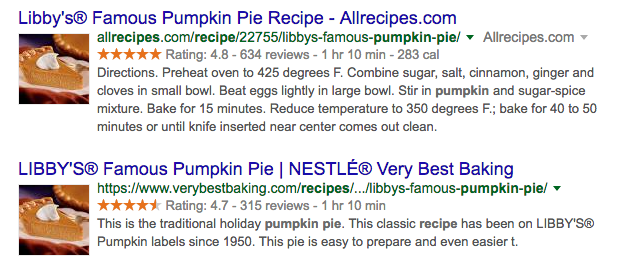With websites that have smaller amounts of content, I suggest taking advantage of the many suggested practices Google recommends and offers.
Using both anchor text and page based URL's can be beneficial.
Anchor text
- Both users and search engines like anchor text, especially one that is concise and descriptive.
- Used correctly, anchor text provides valuable content relevant internal links.
- Anchor text provides natural flowing Call to Actions.
Page based URLs
- People are less likely to share /#page style URLs
- Increased meta content placement. Use creativity to take advantage of meta: title, description, H1 headings etc.
- User friendly URLs. Even if it is a one page site, people look at URLs. I have heard some users say that anchor text URLs discomforts them.
Used together, it benefits a User's Experience, and good use of Google suggested practices.
 Rich Snippets for your products: Increase click through rates and SEO ranking
Rich Snippets for your products: Increase click through rates and SEO ranking
I am sure by now we all have seen product images, pricing, 5 star ranking, search boxes, map directions showing up in SERPs. Those are extremely good ways to extend your content into the search results.
Schema.org provides rich snippets codes that are essentially universal.
I say, keep yourself open to new or different idea, stay well informed by researching your options and you will always make the best possible decision.

